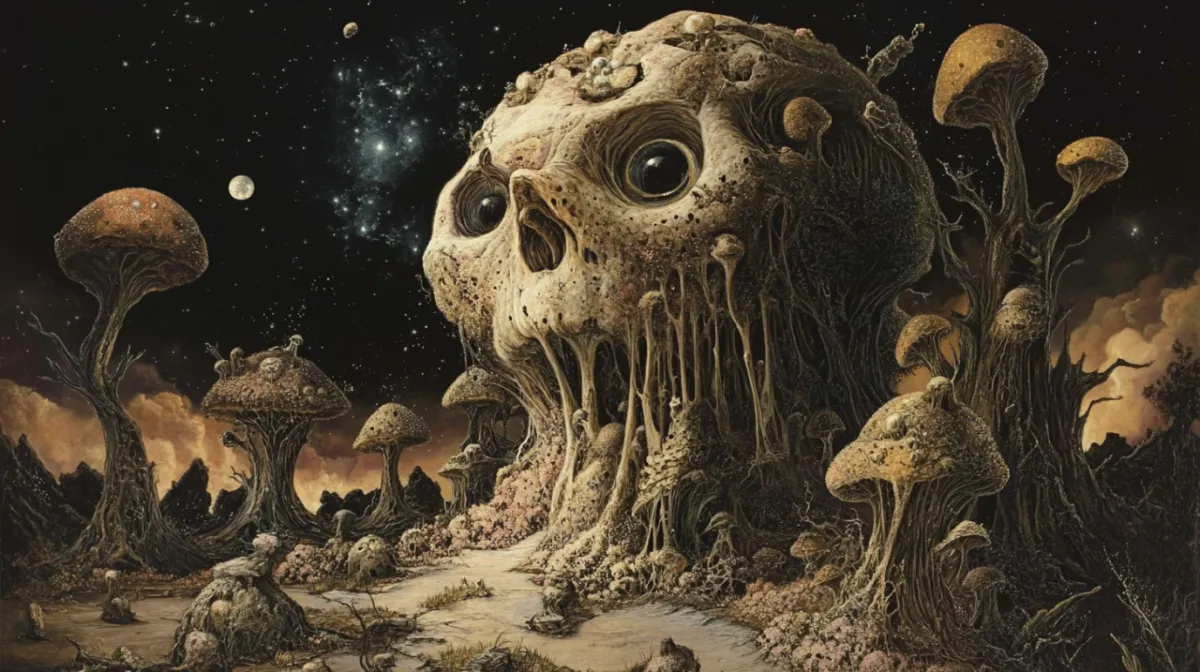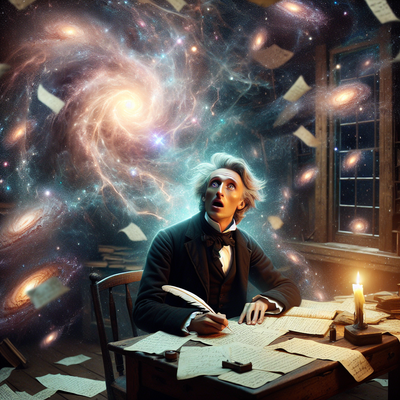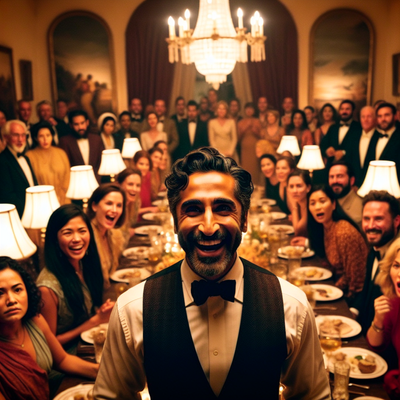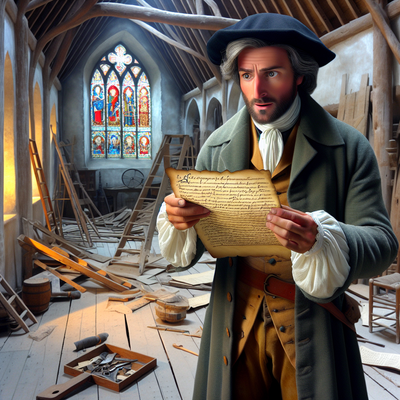Who the Hell was... Tolstoy?
If Dostoevsky was the ultimate literary apex predator, then Leo Tolstoy was the grand philosopher of the Russian literary landscape, a towering figure whose works explored the vastness of human experience and the moral complexities of life. Born in 1828, Tolstoy was not just a novelist; he was a moral thinker, social reformer, and spiritual seeker. While Dostoevsky earned his grit through life experience, Tolstoy was nobility, with the freedom to write and explore life as an academic.
While Dostoevsky delved into the psychological turmoil of individuals, Tolstoy painted sweeping narratives that captured the essence of society and the human condition as a whole. His masterpieces, such as "War and Peace" and "Anna Karenina," reflect his deep understanding of love, family, duty, and the impact of historical forces on personal lives.
In "War and Peace," Tolstoy juxtaposes the grand movements of history with the intimate struggles of characters caught in the throes of war and peace. He explores themes of fate, free will, and the interconnectedness of human lives, creating a rich tapestry that illustrates the complexity of existence.
"Anna Karenina," on the other hand, delves into the intricacies of love, infidelity, and societal expectations. Through Anna’s tragic journey, Tolstoy examines the moral dilemmas faced by individuals within the constraints of society, highlighting the often-painful pursuit of happiness.
Tolstoy’s later works reflect his spiritual evolution, as he grappled with questions of faith, morality, and the meaning of life. His writings advocate for simplicity, compassion, and a deep connection to humanity, emphasizing the importance of living a life aligned with one's moral principles.
In essence, while Dostoevsky dissected the psyche, Tolstoy offered a panoramic view of life’s moral landscape. Together, they represent the duality of Russian literature: one probing the depths of human consciousness and the other illuminating the broader social and ethical dimensions of existence. If Dostoevsky was the predator of literary introspection, Tolstoy was the wise sage guiding readers through the complexities of life.
For my articles in this series, visit or bookmark the following;

Brent Antonson: Where Extraordinary Recall Sparks Insight.







